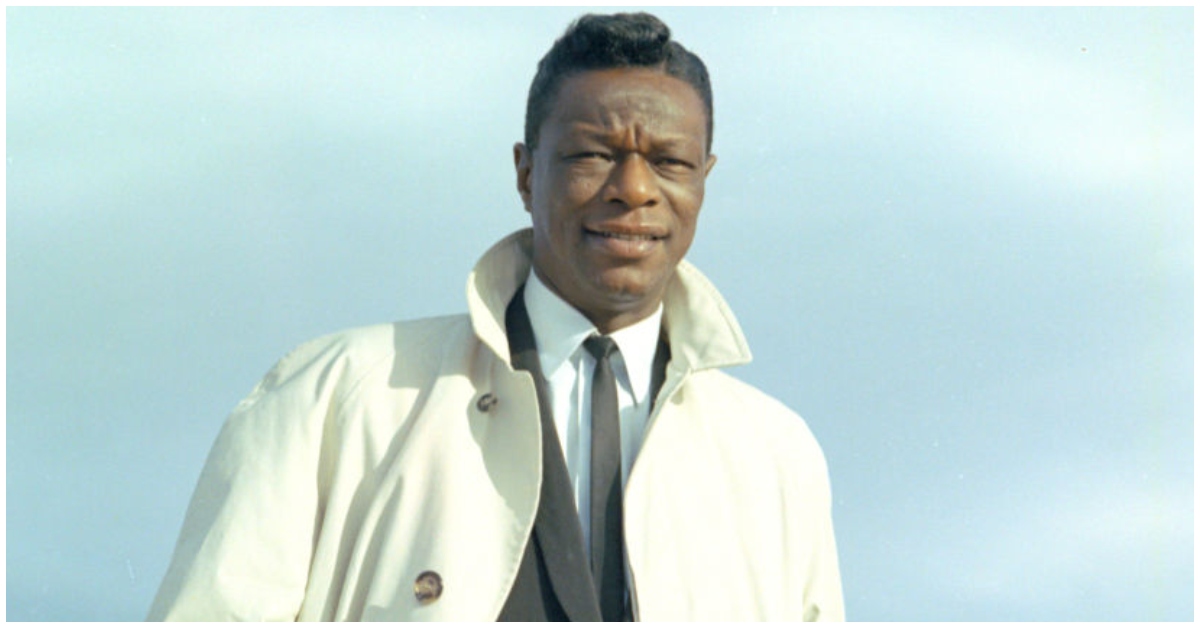Nat King Cole: The Trailblazer Who Broke Barriers
Nat King Cole, born Nathaniel Adams Coles, was a pioneering African-American singer, pianist, and actor who left an indelible mark on the music industry.
In 1950, he achieved a remarkable feat by becoming the first African-American solo singer to top the Billboard charts with his smash hit “Mona Lisa.” This accomplishment shattered racial barriers and paved the way for future generations of black artists.
A Jazz Virtuoso’s Rise to Stardom
Born on March 17, 1919, in Montgomery, Alabama, Cole’s musical journey began at an early age. He learned to play the organ from his mother, and by the age of 12, he was taking formal piano lessons, exploring various genres including jazz, gospel, and classical music.
In the late 1930s, Cole formed the King Cole Trio, which quickly gained popularity and became the top-selling group on Capitol Records in the 1940s.
“I started out to become a jazz pianist; in the meantime I started singing and I sang the way I felt and that’s just the way it came out.” – Nat King Cole
Transcending Racial Boundaries
Despite facing intense racial discrimination throughout his career, Cole’s talent and perseverance propelled him to unprecedented heights.
His velvety vocals and impeccable piano skills captivated audiences worldwide, and his hits like “Unforgettable,” “Smile,” and “Nature Boy” became timeless classics.
A Voice for Civil Rights
While not a major public figure in the civil rights movement, Cole was an active supporter of the cause. He was a member of his local NAACP branch and participated in the historic 1963 March on Washington.
His success as a black artist in the predominantly white entertainment industry was a powerful statement against segregation and racial prejudice.
“Madison Avenue is afraid of the dark.” – Nat King Cole, commenting on the lack of sponsorship for his TV show.
A Legacy That Endures
Nat King Cole’s impact on the music industry cannot be overstated. He paved the way for countless black artists and broke down racial barriers that had long hindered their success.
His timeless music continues to inspire generations, and his achievements serve as a testament to the power of talent, perseverance, and the pursuit of equality.





